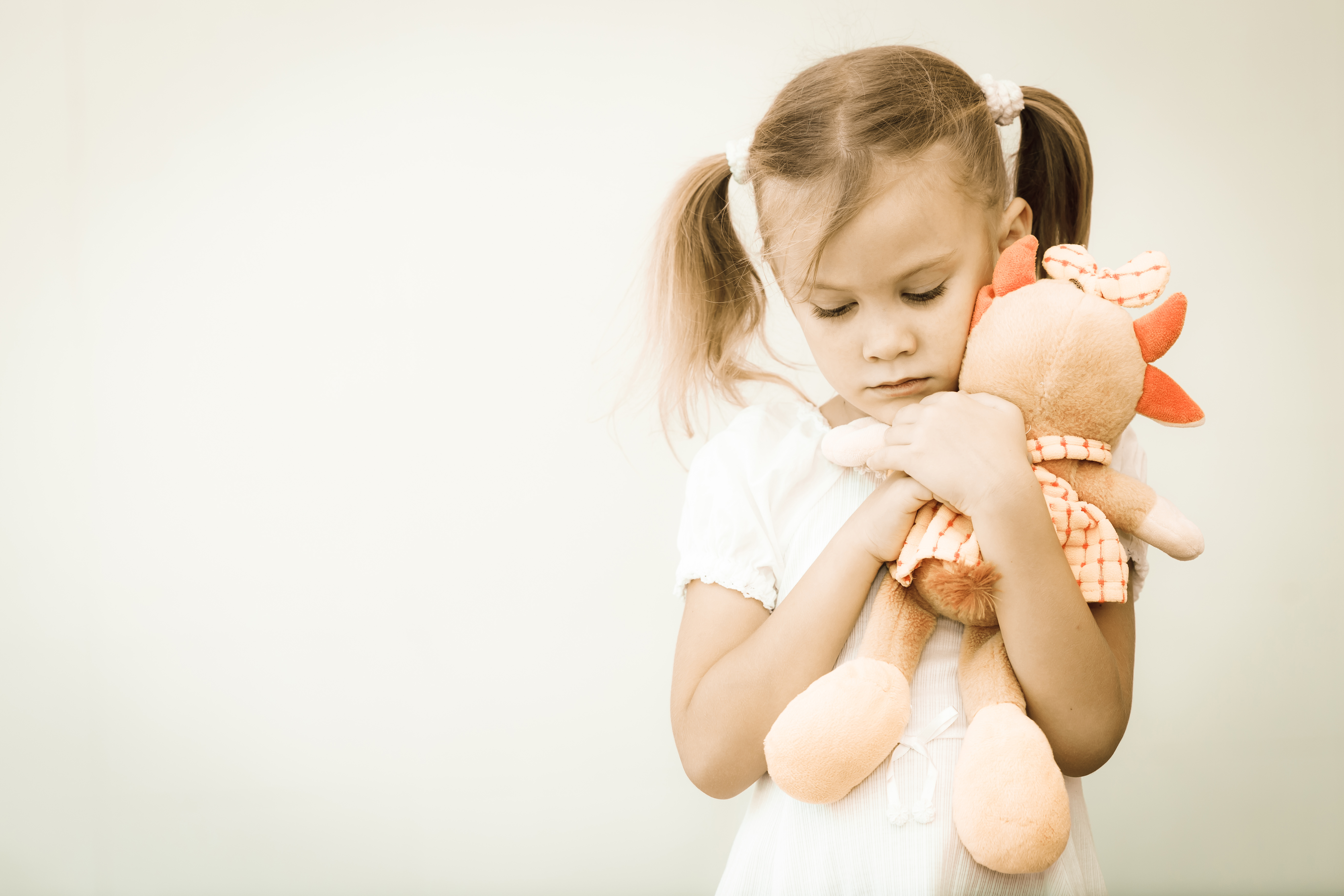What Happens In This Family, Stays In This Family…How We can Help and Protect Children From Abuse
 Ms. Maureen Reid was a senior manager in a child welfare agency where she specialized in services related to sexual abuse and domestic violence. She is presently has a private practice where she consults on cases involving sexual abuse and/or domestic violence. She trains with the Ontario Association of Children’s Aid Society in many areas relevant to child protection services, and the National Council for Juvenile and Family Court Judges in the area of enhancing judicial skill with domestic violence cases. She teaches at King’s College, School of Social Work, and Brescia College, and is a Community Research Consultant for the Centre for Research and Education on Violence Against Women and Children.
Ms. Maureen Reid was a senior manager in a child welfare agency where she specialized in services related to sexual abuse and domestic violence. She is presently has a private practice where she consults on cases involving sexual abuse and/or domestic violence. She trains with the Ontario Association of Children’s Aid Society in many areas relevant to child protection services, and the National Council for Juvenile and Family Court Judges in the area of enhancing judicial skill with domestic violence cases. She teaches at King’s College, School of Social Work, and Brescia College, and is a Community Research Consultant for the Centre for Research and Education on Violence Against Women and Children. What Happens In This Family, Stays In This Family…
For many of us, that was the mantra we grew up hearing. It didn’t necessarily mean that abuse was happening in our homes, but it did reflect the belief that family privacy was to be valued and protected.
Over the years, communities have come to appreciate the need to balance children's fundamental right to be safe with parents' right to raise their children as they see fit. Mandatory child protection reporting laws have played a significant role in detecting and preventing the abuse of children by caregivers.
What does the Law Require of Me With Respect To Reporting Concerns A Child Is Being Harmed?
In Ontario, under Section 72 of the Child and Family Services Act, every person who has reasonable grounds to suspect that a child is, or may be, in need of protection must promptly report the suspicion and the information upon which it is based to a Children’s Aid Society(CAS). A child is defined as someone under the age of 16 years old, however the CFSA legislation is about to change and it will raise the age of a child to 18 years old in the province of Ontario (Bill 89, 2017).

The duty to report is particularly emphasized for those who perform professional or official duties with respect to children, such as teachers, child care workers, lawyers, police, health care practitioners. Every professional whose work brings them in contact with children and families has the duty to report their concerns directly, and each time they have a concern, regardless if they have reported before, or if they believe the CAS are aware of the concerns (an ongoing duty). [1]
You don’t need to be certain that a child is in need of protection to make a report to a CAS. The term “reasonable grounds” refers to the information that an average person, using normal and honest judgment, would need in order to decide to report. This criterion is intended to keep the threshold for reporting low, leaving it to child protection workers to investigate and determine if the child is in need of protection.
Further, there is a recognition that professionals working with children likely have training that makes them more knowledgeable about the signs of maltreatment, and therefore they are held to a higher standard for reporting and may face penalties for failing to report.
Do I have to Give My Name When I Report?
You can make the report anonymously if you are concerned about the potential repercussions of reporting. However, anonymous reporting is discouraged for professionals since concerns are more difficult to process with caregivers when they are anonymous and this can distract from the central issue of the child’s safety. The CFSA duty to report supersedes any confidentiality requirements for professionals reporting. For more information on confidentiality and reporting click this Ontario Association of Children’s Aid Societies link http://www.oacas.org/wp-content/uploads/2016/11/7798OPACYMyths-Booklayout-Web.pdf.
What Will Happen When You Report
Many worry that a report to the CAS will result in a child being removed from their family. This is not the case, in fact in 97% of investigations done by CAS, the child(ren) remain in the home and receive supportive services. [2]
How To Talk To A Child Who You Suspect is Being Mistreated
Children often struggle to disclose when maltreatment is happening in their lives, especially if the person hurting them is a family member or trusted adult. If a child chooses to disclose to you, it is important adopt a ‘disclosure friendly’ stance by:
- Listening carefully
- Remaining calm
- Keeping your questions to a minimal to avoid the appearance of influencing the child’s disclosure
- Maintaining a non judgmental stance and reassuring the child you hear them
- Acknowledging with the child that you must tell someone who can help make sure the mistreatment stops

It is understandable to be overwhelmed when a child discloses maltreatment. You may be tempted to promise the child that you won’t tell, or to reassure the child about outcomes you can’t predict, but is important to reassure the child that you support them without making these promises. It is also crucial that you don’t ask the child too many questions as investigating the details is the role of the CAS.






